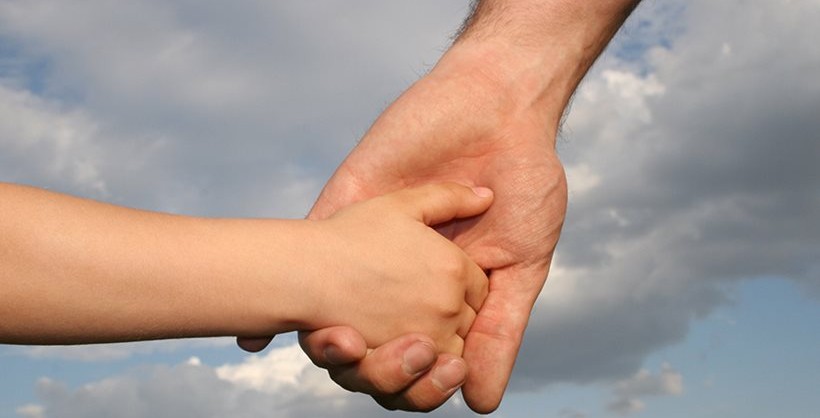An overprotective parent is not one that protects their children from situations that could hold real dangers but cases of parents who want to control everything that has to do with their children from ensuring that they wake up on time to making sure they dress correctly or have completed all their homework, or eaten all their food or had a fight with a friend at school.
Overprotective parents are the ones that can never say “No” to their child and rush to cater to all their child’s needs because they cannot bear to see their children sad, disappointed or deprived of anything.
Overprotectiveness has many guises. Someone can be overprotective in many different ways: Either by offering too much, by being especially tolerant, controlling or intervening or by limiting their child’s freedom regardless of their child’s age or stage of development.
The basic problem is that, by overprotecting their children, parents systematically, albeit unwittingly, teach their child to feel weak and vulnerable. The message that the parents send to their children through this behavior is the feeling that the world is a scary and dangerous place and that the child needs special help and protection.
Overprotective parents do not only obstruct their children from developing techniques and abilities but stop them from learning how to protect themselves alone.
Children are persuaded from a young age that they incapable of dealing with problems without other people’s support. As a result, the children feel afraid to lose the support they have and have difficulty expressing their anger or do so in a passive way, sometimes turning their rage against themselves, becoming depressed and self-destructive.
In many cases, children who are mollycoddled spend their lives looking for protectors and people to take care of them, usually in the face of their partners. In some cases they may find it difficult to find a substitute for an excessively giving parent and risk the danger of being tied to their parents for their entire lives. It comes as no coincidence that in Greece, a country where overprotectiveness is rampant, there are many people over the age of thirty still living with their parents.
A number of parents excuse their overprotective behavior with claims that their children may be sensitive or in genuine need of added protection etc., however it should be noted that overprotectiveness doesn’t address the real needs of the children but the needs, fears and personal insecurities of the parents.
Often it is difficult for parents to realize their own contribution to raising dependant and immature children. It is only when parents turn the spotlight on themselves and the real reason as to why they are offering their children more protection than necessary that they realize that their children are more mature, trustworthy and charismatic than they thought possible.
Do you have a problem that concerns you? Our resident psychotherapist Zeta Stravopodi is willing to address any personal matters. E-mail her on z.stravopodi@gmail.com
Zoe Stravopodi-Gianno works as a psychotherapist and offers advice to individuals, couples and families. She also coordinates groups interested in achieving self-awareness and personal growth. In 2012, she established “Parents School” to give parents advice as to how to navigate the choppy waters of parenthood regarding the healthy emotional growth of their children.





































